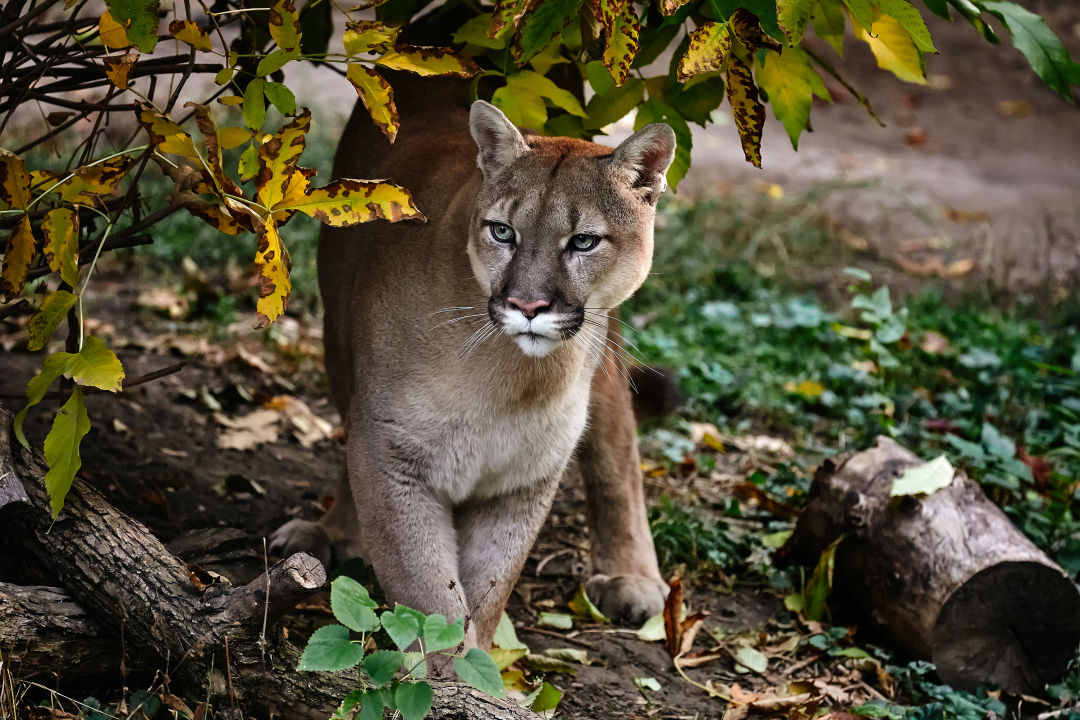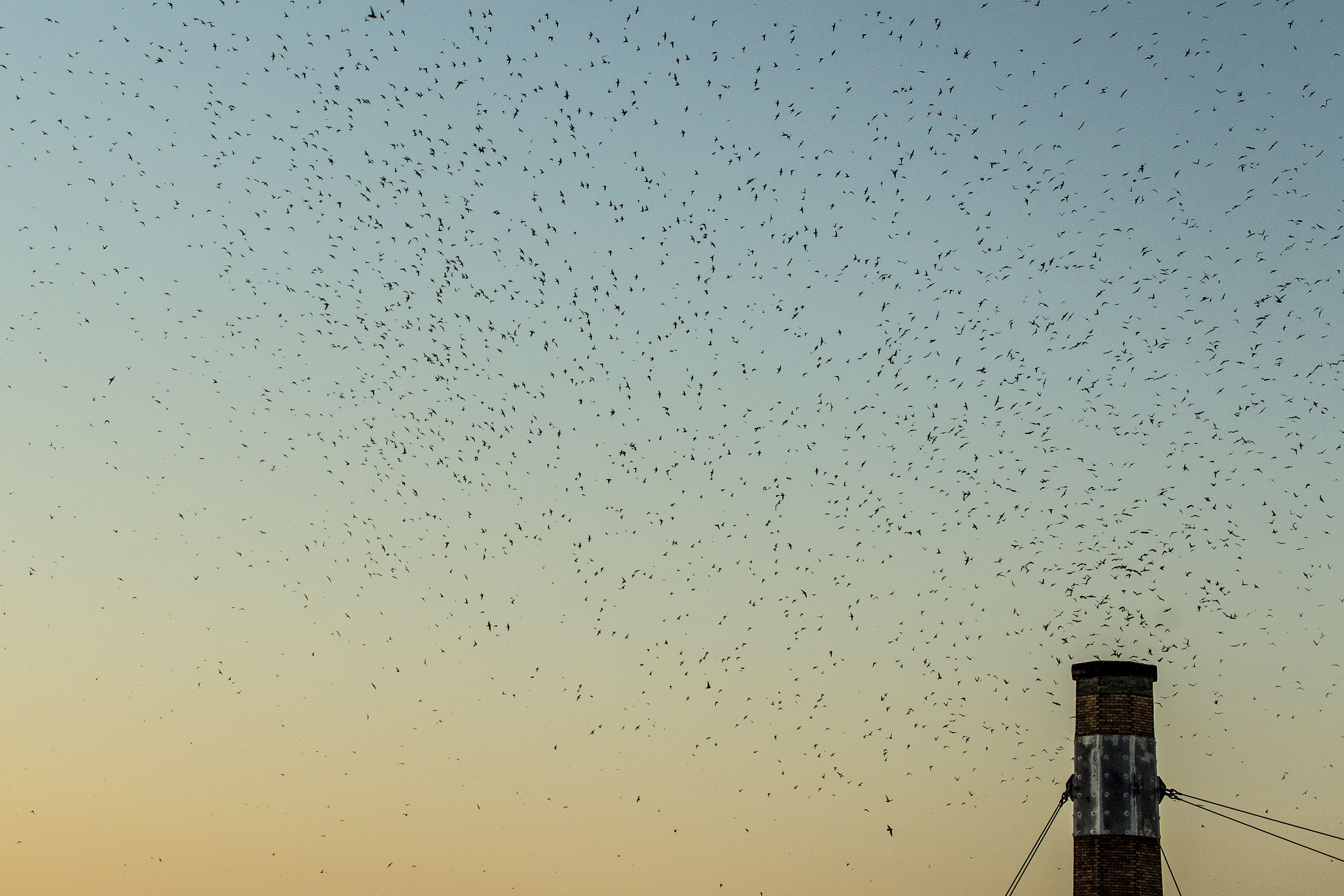This Week in Unusual Oregon Cougar Sightings

If you were planning a hike along Nehalem Bay, perhaps accompanied by one of your favorite podcasts, pets, or small children, now is the time to rethink that plan.
Cougars have been reported in Nehalem Bay State Park since July 13, when the park closed its loop trail. The campground remains open, but the trail is still closed to visitors due to ongoing sightings as of July 18. Meanwhile, just 20 miles north on Cannon Beach, an additional cougar was spotted on Haystack Rock, where it was likely hunting birds. The beach closed on the morning of July 16 and reopened July 17.
“Cougars are pretty elusive, so it’s rare to see one,” says Beth Quillian, communications coordinator for the Oregon Department of Fish and Wildlife northern zone. “This is the first known sighting of a cougar on Haystack Rock.”
Though cougars were nearly eliminated from Oregon in the 1960s by hunting, the cougar population in the state today is healthy, with numbers around 6,000. (Licensed folks can even hunt one cougar per year, up to set regional quotas.) According to the ODFW, cougars are primarily concentrated in the southwest Cascades and northeast Oregon.
Why are they suddenly appearing in the North Coast? The region makes for appealing cougar habitat due to its high populations of deer (cougars’ primary prey), plus elk, small mammals, and birds. Quillian says that many of the cougars we’re seeing in the North Coast are likely expanding into new territories from the densely populated southwest region.
“Cougars have a pretty big range—about 100 miles or so. If it's getting a little too crowded, some of them are going to start dispersing and looking for new habitat where they can establish their own territory,” Quillian says.
This trend isn’t unique to the North Coast, nor is it new this summer. There were several sightings in June: a cougar on Mount Pisgah in Eugene, and two cougar sightings along mountain bike trails in Sandy Ridge—including a cougar that briefly chased a biker.
In the state of Oregon, there has only been one known fatal cougar attack, which occurred in 2018 near Mount Hood.
The ODFW offers several tips on how to stay safe around cougars. Start by removing things that could attract cougars, like trash and food (including pet food). Even bird feeders could attract cougars by luring birds, one of their types of prey. If camping, store food in animal-proof containers and be sure to cook away from the area you’re sleeping in. There’s safety in numbers, so don’t hike alone, and stay alert by leaving the headphones at home. Off-leash pets can draw a cougar’s attention, so keep your dog on a leash, or at home. Keep kids close to you, and if you’re approached by a cougar, pick up the child without bending over or turning around. Don’t run away from a cougar, since that could trigger a chase response; instead, make loud noises, speak firmly, and make yourself look larger. If you’re attacked, fight back with sticks, rocks, and fists.




